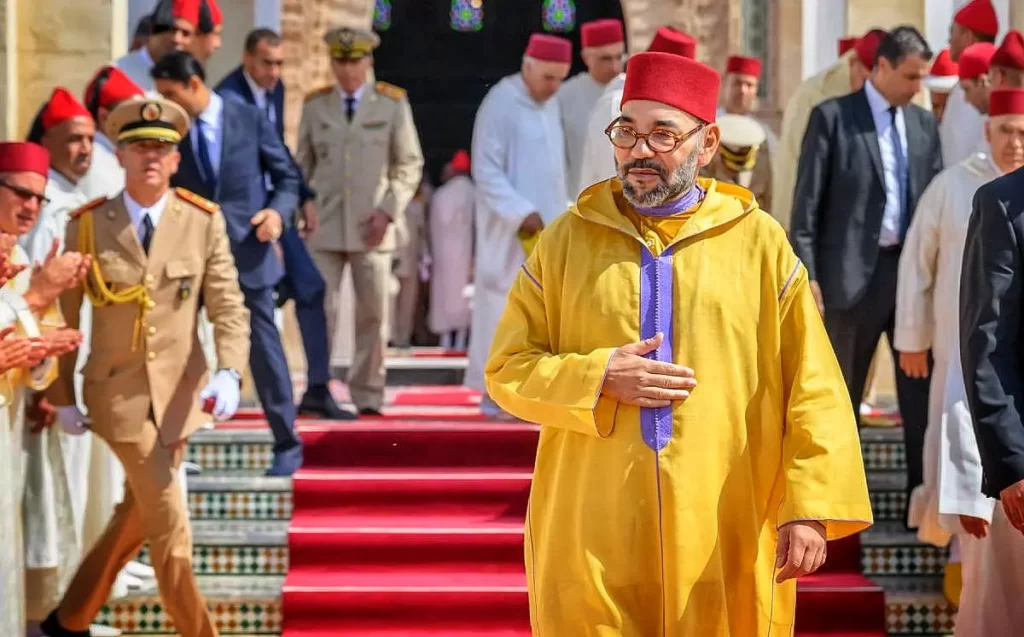
In a historic session at the Royal Palace in Casablanca on December 23, 2024, King Mohammed VI chaired a pivotal meeting that marks a new chapter in Morocco’s family law reform, dubbed “Moudawana 2.0.” This significant development builds upon the groundbreaking 2004 reform that established Morocco as a regional pioneer in women’s rights and family law modernization.
The comprehensive revision features over 100 proposed amendments, crafted through an extensive consultative process that balances Islamic principles with contemporary social needs. This reform represents a continuation of Morocco’s distinctive approach to modernization while maintaining its cultural and religious identity.
A key innovation announced during the session is the establishment of a permanent framework within the Supreme Council of Ulema dedicated to ongoing Ijtihad (Islamic legal interpretation) on family matters. This unprecedented move ensures that religious scholarship can continuously address emerging family issues rather than waiting for specific fatwa requests.
The reform process has been marked by several distinct phases, including public consultations, expert deliberations, and careful religious consideration. The Supreme Council of Ulema’s involvement has been crucial in providing Sharia-compliant solutions that prioritize Maslaha (public interest) while maintaining religious authenticity.
King Mohammed VI has emphasized the importance of clear, unambiguous legal language in the new code to prevent contradictory judicial interpretations. The monarch has directed the government to maintain transparent communication with the public about the reforms, recognizing that family law affects all segments of society.
The initiative encompasses more than just legal changes. It includes plans to strengthen family justice systems, revise related regulations, and implement public awareness programs to help citizens understand their rights and obligations under the new code.
This reform demonstrates Morocco’s commitment to addressing contemporary family issues while respecting its religious constants and cultural heritage. The government, led by Prime Minister Aziz Akhannouch, will now proceed with drafting legislation based on these guidelines for parliamentary consideration.
The development of “Moudawana 2.0” represents a significant evolution in Morocco’s legal framework, reinforcing the country’s position as a leader in progressive Islamic jurisprudence while maintaining its commitment to family values and social cohesion.



